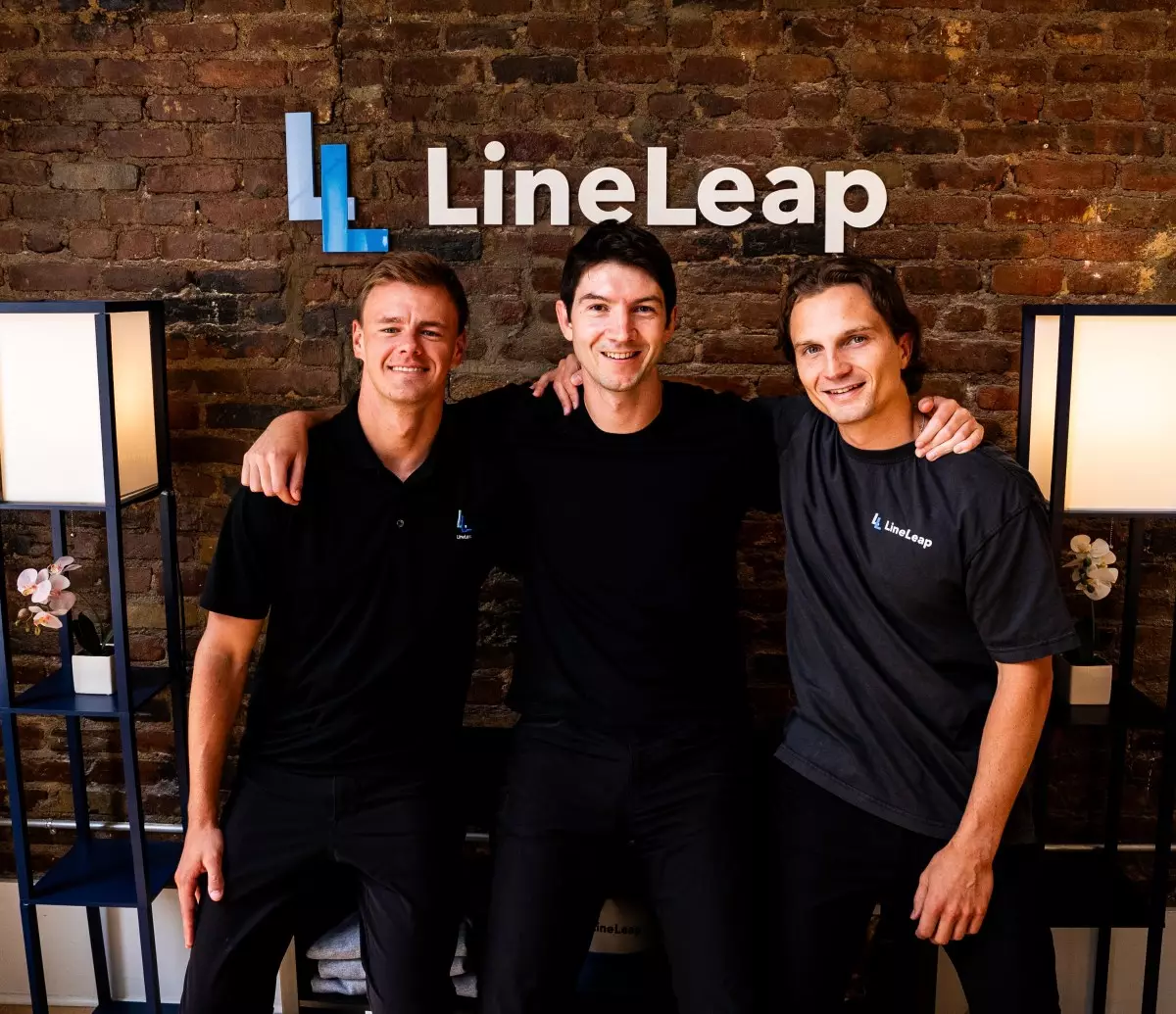Standing in line is a universally despised activity, and the frustration of waiting in long queues has led to the creation of LineLeap. This startup, backed by Y Combinator, allows individuals to pay to skip lines at bars and other venues. While the founders of LineLeap, Max Schauff and his team, saw a common problem of long queues at college bars, their solution has raised concerns about fairness and access for all patrons. Despite the negative connotations associated with line-skipping services, VCs have shown interest in investing in LineLeap, valuing the startup at an impressive $100 million.
As LineLeap progressed from its humble beginnings as a college bar line-skipping app to a fully-fledged platform with 1 million users and over 400 college bar partners, questions have arisen about the ethics of prioritizing those who can afford to pay to skip the line. While the company has expanded its services beyond just queue skipping passes to include concert tickets, drink pre-orders, and VIP table reservations, there are concerns about the impact on those who cannot afford such conveniences. Additionally, the lack of transparency regarding data retention policies has raised red flags about user privacy and security.
The Ethical Concerns Surrounding LineLeap
While LineLeap touts itself as a solution for venue owners to increase revenue and customer engagement, critics argue that the platform exacerbates inequalities by allowing the wealthy to jump ahead of others. The issue of fairness and quality of service is a significant concern, as those who cannot or choose not to pay for expedited services may receive subpar treatment. Furthermore, the lack of clarity on data retention and the potential misuse of user data raises ethical dilemmas about privacy and consent.
Looking ahead, LineLeap plans to use its funding to expand into new markets within the nightlife and entertainment industry, including clubs. While the company aims to introduce new features and enhance customer engagement, questions remain about the long-term sustainability of a business model that relies on monetizing access to services that should be available to all patrons. Despite Schauff’s claims of providing data-backed solutions and technological innovations for venue operators, the underlying ethical concerns about fairness and privacy cast a shadow over LineLeap’s future prospects.
LineLeap’s rapid growth and financial success underscore the demand for convenience and exclusivity in today’s society. However, the ethical implications of prioritizing the wealthy and overlooking data privacy issues cannot be ignored. As LineLeap continues to expand its services and reach, it must address these critical concerns to ensure a more equitable and transparent experience for all patrons.

